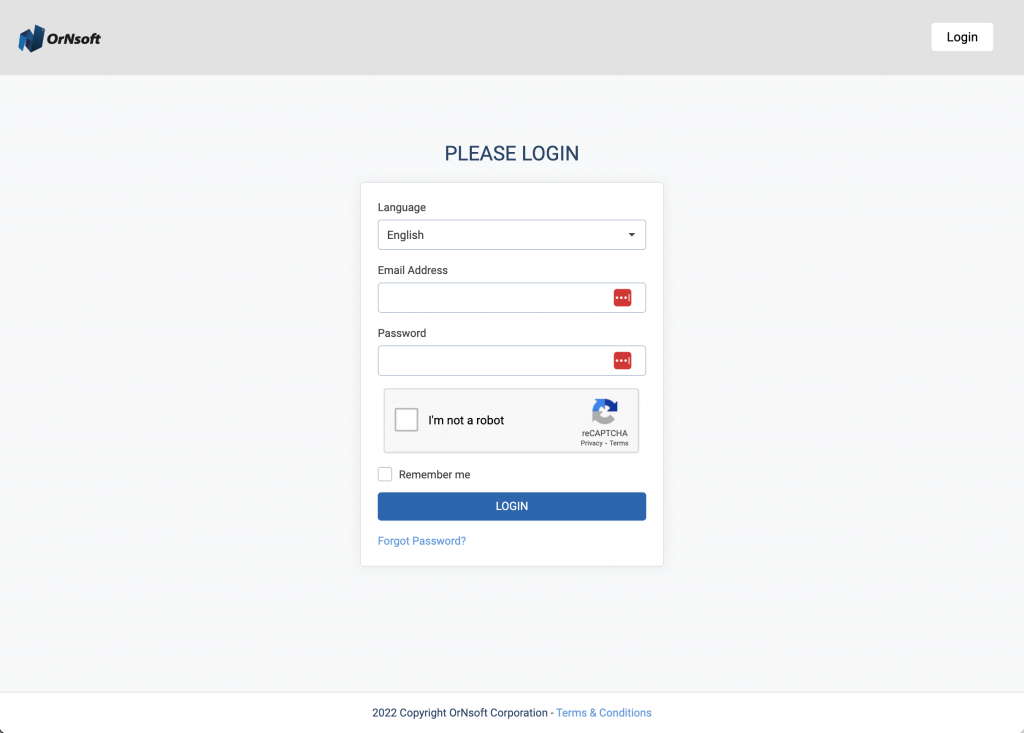Introduction
In the ever-evolving world of artificial intelligence (AI), one concept has consistently stood out due to its profound implications in our daily lives. This concept is Natural Language Processing (NLP), a fascinating intersection of AI and linguistics that allows computers to understand, interpret, and respond to human language in a valuable and meaningful way.
What Is "Natural Language Processing"?
Natural Language Processing or NLP, is a subfield of AI that focuses on the interaction between computers and humans through natural language. The ultimate objective of NLP is to read, decipher, understand, and make sense of the human language in a valuable way. It combines computational linguistics—rule-based modeling of human language—with statistical, machine learning, and deep learning models.
History of "Natural Language Processing"
The origins of NLP can be traced back to the 1950s when the first attempts at machine translation were made. However, it wasn’t until the late 1980s and early 1990s that statistical models were introduced in NLP, marking a significant shift from rule-based models. The advent of the internet and the subsequent explosion of data led to the development of more sophisticated NLP applications powered by machine learning and deep learning. Today, NLP is a crucial component of AI development, enabling machines to understand and respond to human language more effectively than ever before.
Importance of "Natural Language Processing"
In the current tech landscape, NLP holds immense significance. It is the driving force behind a number of everyday services and applications, from search engines and digital assistants to translation services and voice-powered commands. It enables machines to understand and respond to text or speech input in human language, making our interactions with machines more natural and intuitive. Moreover, NLP is critical in analyzing the vast amounts of unstructured data (text, audio, video) available today, unlocking valuable insights and patterns.
Practical Applications
NLP has a wide array of practical applications in various sectors. In healthcare, NLP is used to analyze clinical text and extract meaningful information. In finance, it is used for sentiment analysis to gauge market trends based on news articles or social media posts. In customer service, it powers chatbots that can handle customer inquiries effectively. Other applications include machine translation, speech recognition, and text summarization, among others.
The Role of ‘Natural Language Processing’ in Modern Enterprises
In today’s business landscape, NLP plays a pivotal role in driving operational efficiency and business intelligence. It enables businesses to automate customer service through AI-powered chatbots, analyze customer feedback to gain insights, and even monitor brand sentiment on social media. Moreover, with the help of NLP, businesses can make sense of the vast amounts of unstructured data at their disposal, leading to better decision-making.
Case Study
A great example of NLP implementation is the AI-powered software solution, CEErtia, provided by OrNsoft. CEErtia uses NLP to analyze and interpret customer feedback, helping businesses understand their customers better and improve their products or services accordingly. The results have been remarkable, with businesses reporting improved customer satisfaction and increased revenue.
Future Outlook
Looking ahead, the future of NLP is promising. With advancements in AI and machine learning, we can expect NLP to become even more sophisticated and accurate. Furthermore, as voice-based interfaces become more prevalent, the demand for NLP technologies will continue to rise. There is also significant potential for NLP in areas such as emotion detection, sarcasm detection, and even in detecting and combating fake news.
Conclusion
In conclusion, Natural Language Processing is a critical component of AI that has transformed our interaction with machines. Its practical applications are vast, and its role in modern enterprises is undeniable. As NLP continues to evolve, it is set to unlock even more possibilities and opportunities.
Intrigued by the potential of AI for your business? Schedule a free consultation with us here.

